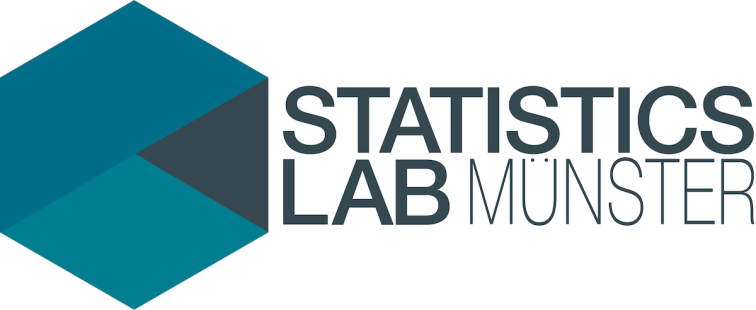
Statistics Lab Münster provides information and resources intended to help scholars apply the Heckman two-stage estimation and, thus, mitigate selection bias concerns in their studies irrespective of their level of statistical expertise. This project was initiated by the researchers Prof. Dr. David Bendig and Jonathan Hoke, M.Sc., from the University of Münster in Germany.
With the rising relevance of endogeneity in the prevalent research and the attention scientific journals pay to the choices and implementation of econometric techniques, we notice an increasing number of methodological errors in applying complex statistical methods. Scholars and practitioners may be challenged to stay in touch with this development: For these reasons, we develop practical and comprehensible step-by-step guides of relevant statistical research methods in the context of endogeneity bias. These resources aim to enable applying these methods and techniques to any research model.
The first research method we address is the Heckman two-stage estimation:
In his seminal paper, James J. Heckman (1979) pioneered a method that helps identify and mitigate sample-induced endogeneity: the Heckman two-stage estimation. This technique consists of two consecutively applied stages that separate the selection process from the primary relationship of interest. In the first stage, the selection process of the underlying relationship is estimated. The second stage analyzes the primary relationship of interest. The connection between the two stages is a unique selection parameter induced from the first stage and inserted in the second-stage regression. The selection parameter captures unobservable characteristics found in the primary regression's error term that lead to endogenous covariates.
Visit website here


